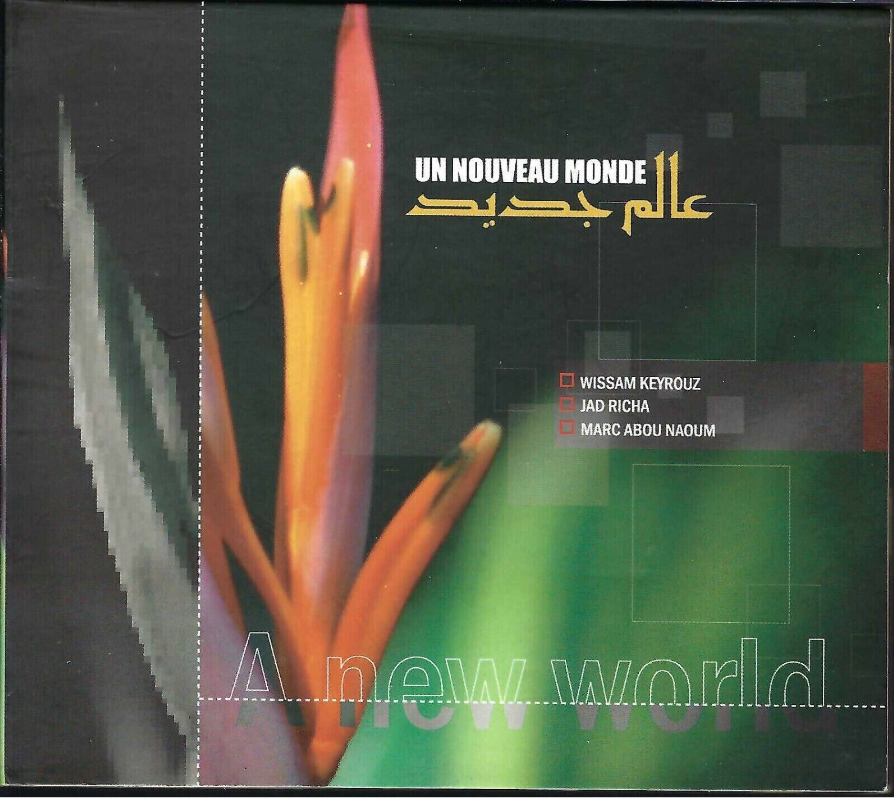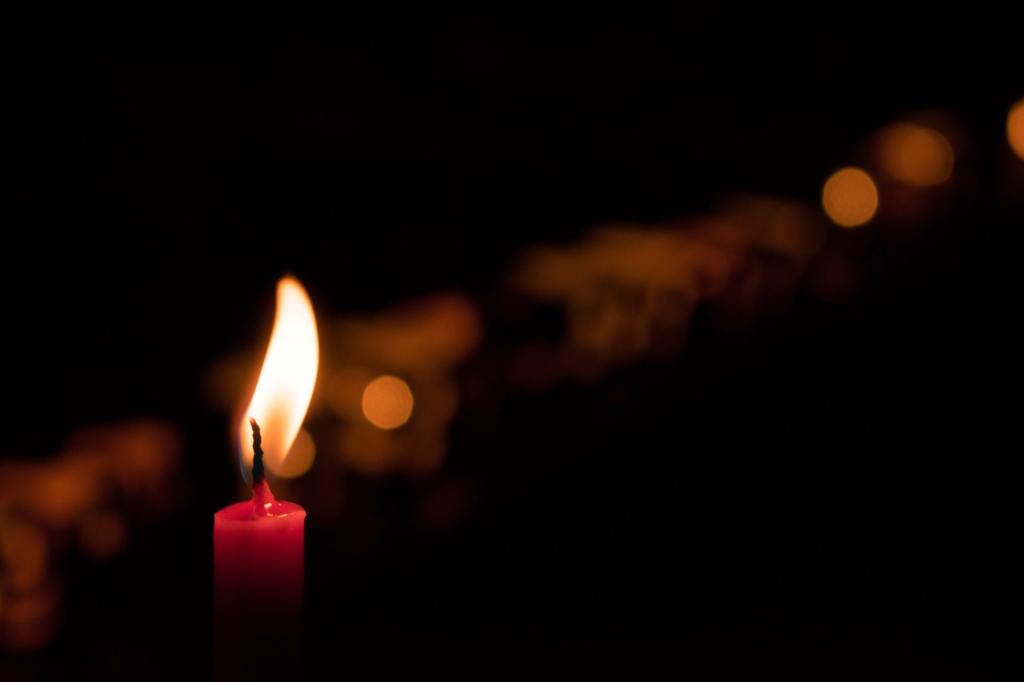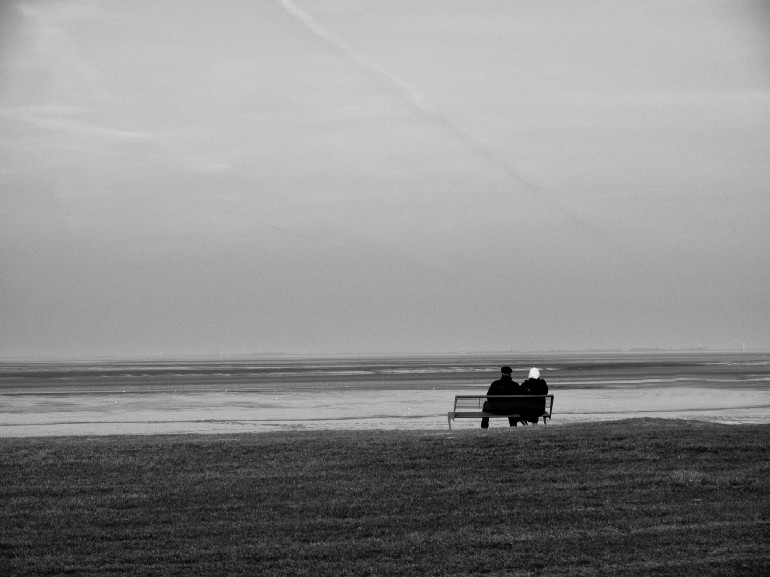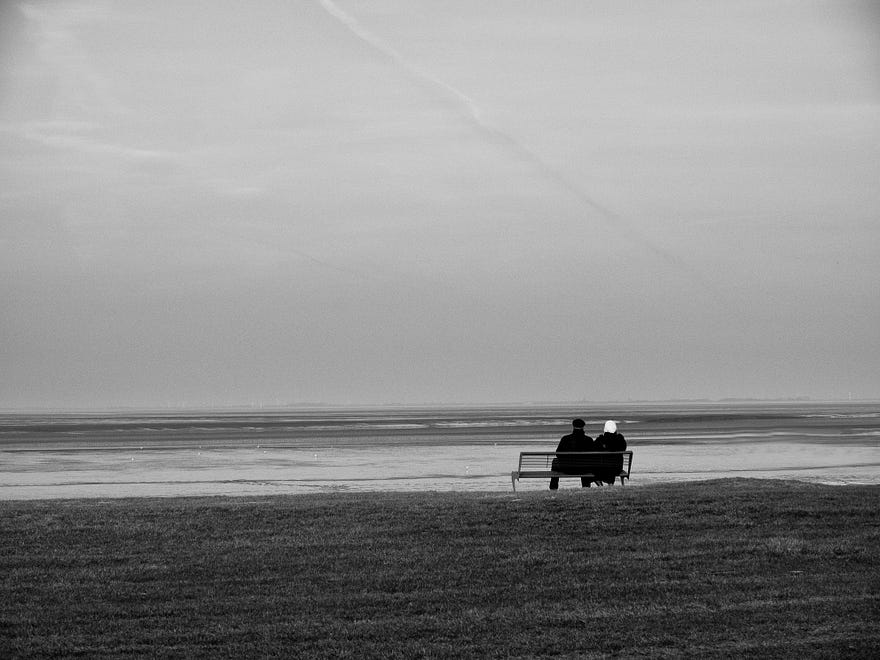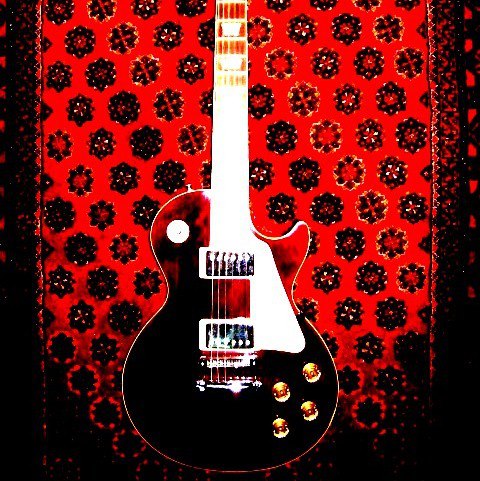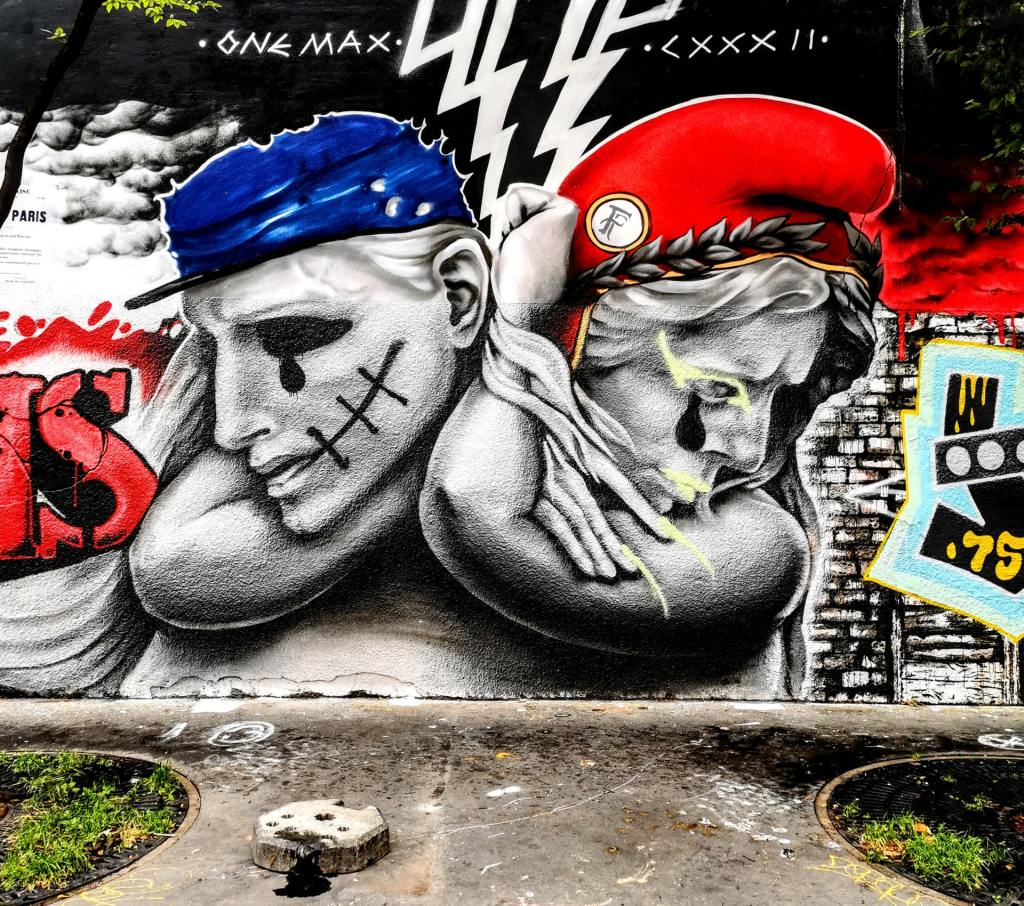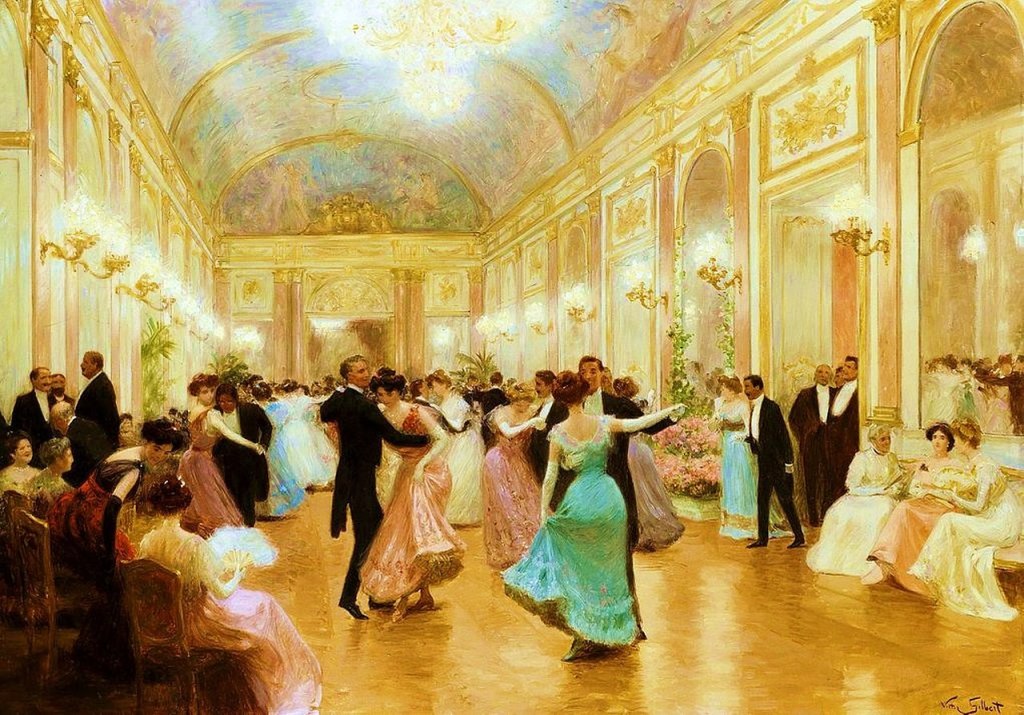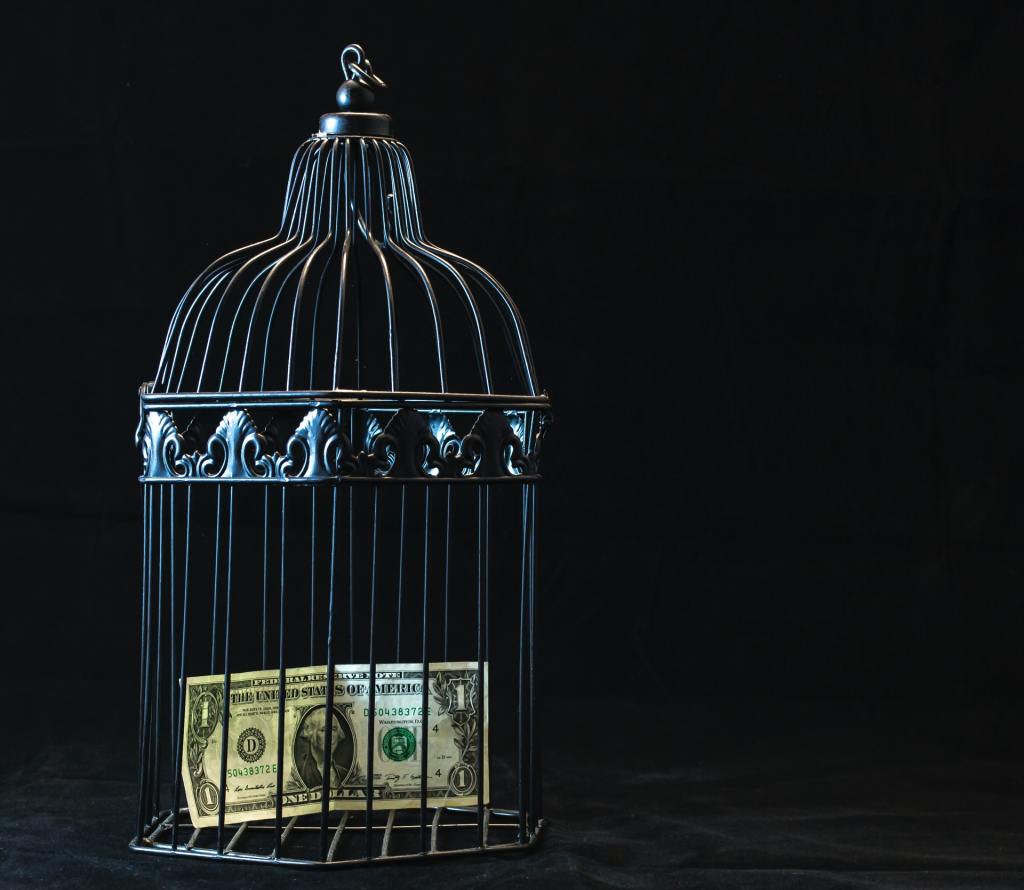Chère amie,
Je t’écris ces lignes sans trop savoir où elles nous mèneront, sans trop savoir pourquoi je prends la plume. Il est une heure treize du matin. Je n’ai ni la clarté des idées ni l’assurance du verbe qui légitimeraient un titre à cette missive, en introduction aux lignes qui devraient ou auraient dû en découler. Nous coucherons donc ces lignes ensembles, à la faveur d’une inspiration que le silence de la nuit, un verre de cognac et quelques souvenirs douloureux sans doute, joyeux peut-être, marquants sûrement, se chargeront de favoriser, pour donner corps à une diatribe, qui, j’espère, ne s’éparpillera pas trop. Mais il me semble que je m’éparpille déjà…
Il fut un temps, pas si lointain, où je n’étais pour toi qu’un inconnu de plus qui, débarquant à Roissy en ce 20 septembre, venait quémander une place au soleil. Le voyage ne fut pas des plus reposants: un aller simple, un retard de huit heures à Athènes et une arrivée mouvementée à la Maison des Elèves de Telecom Paris, Maisel pour les initiés.
Il m’aura fallu trois mois pour t’apprivoiser, Ô rouleau compresseur exquis. Que de jours n’ai-je savouré ta beauté sublime tout en subissant l’écrasante tyrannie de ton rythme. Que de fois, du haut de mon balcon au huitième ne me suis-je retrouvé la nuit à murmurer ces quelques mots de Baudelaire, cette incantation au Vieux Capitaine, cette injonction à lever l’ancre. Non pas pour fuir l’ennui mais pour mieux succomber à l’appel du vieux pays, à la tentation de plier bagage pour revenir à ma zone de confort, suicide symbolique de l’immigré raté, risée des siens pensais-je à l’époque, mais suicide Ô combien réel aujourd’hui, à l’aune des évènements de ces deux dernières années que rien ne laissait présager à l’époque.
Au bout de ces trois mois donc, point de vieux capitaine, encore moins d’ancre. Ce fut le coup de foudre réciproque, l’amour qui dure encore. Des hauts et des bas, nous en aurons pourtant eu, mais les départs fracassants auront toujours été suivis de retours, jamais de regrets. Je t’en aurai préféré d’autres, j’en aurai même courtisé quelques-unes, orientales, saxonnes, tu m’auras fait subir les rigueurs de ton tempérament, le feu de ta rébellion.
Car tu es rebelle chère amie. Tu as un caractère bien trempé dirai-je, si je voulais faire dans la dentelle ou l’euphémisme. Un caractère de chien si je prenais un ton plus familier pour cet article. Et pourquoi pas au fait? Je le dis donc, haut et fort: à bas la dentelle. Je concède pour autant que tu auras dû bien des fois composer avec mes humeurs massacrantes. Et mon Spleen …, tu auras dû te faire violence pour le souffrir.
Un couple comme un autre. L’un suit, l’autre se laisse suivre, les rôles s’inversent, et puis c’est le coup de foudre, l’état de grâce, jusqu’au rappel des troupes, cette réalité où l’on fait véritablement la connaissance de l’autre, et suite à laquelle tout passe ou tout casse. Tout est finalement passé.
Tu as fini par avoir raison de mon Spleen, j’ai fini par apprivoiser ton caractère. Je t’aime encore, non plus d’un amour éclatant et fougueux qui veut dominer, façonner à sa guise, mais d’une amitié douce qui réchauffe le cœur. Je t’ai tout donné, tu m’as tout donné: je ne suis plus un inconnu de plus pour toi, tu m’as adopté comme l’un des tiens et pour cela, je te suis à jamais reconnaissant.
Mais au bout de toutes ces années, une petite flamme vacillante brille toujours dans mon cœur. Celle d’une mère patrie vieillissante que j’ai laissée derrière pour suivre mon destin. Une mère patrie qui perd la santé, qui perd la raison, mais dont le cœur bat toujours, dont le cœur à défaut de la tête, se rappelle encore et toujours ce fils parti il y’a des années mais qui revient de temps en temps prendre des nouvelles.
Chère amie, souviens-toi, tu fus sa marraine à une époque pas si lointaine, elle fut rebelle aussi, à sa façon, il y eut des hauts et des bas… Aujourd’hui plus que jamais, ta filleule a besoin d’amis. De vrais amis. Elle a besoin d’espoir, elle a besoin d’un phare, d’une lumière dans les ténèbres. Pour l’amour de Dieu, ne te renie pas, ne la renie pas, sois cette lumière, ce phare, reste ce flambeau de civilisation qui éclaire le monde, garde le cap pour elle quand d’aucuns qui se prétendent de ses amis l’auront d’ores et déjà perdu, quand d’autres ne l’auront jamais eu.
Reste Libre, Egale, Fraternelle, et garde dans ton cœur la nostalgie d’un Liban meilleur et le Liban vivra…
Bien à toi douce France
Rabih
Cet article est également publié dans les colonnes de L’Orient-Le Jour




